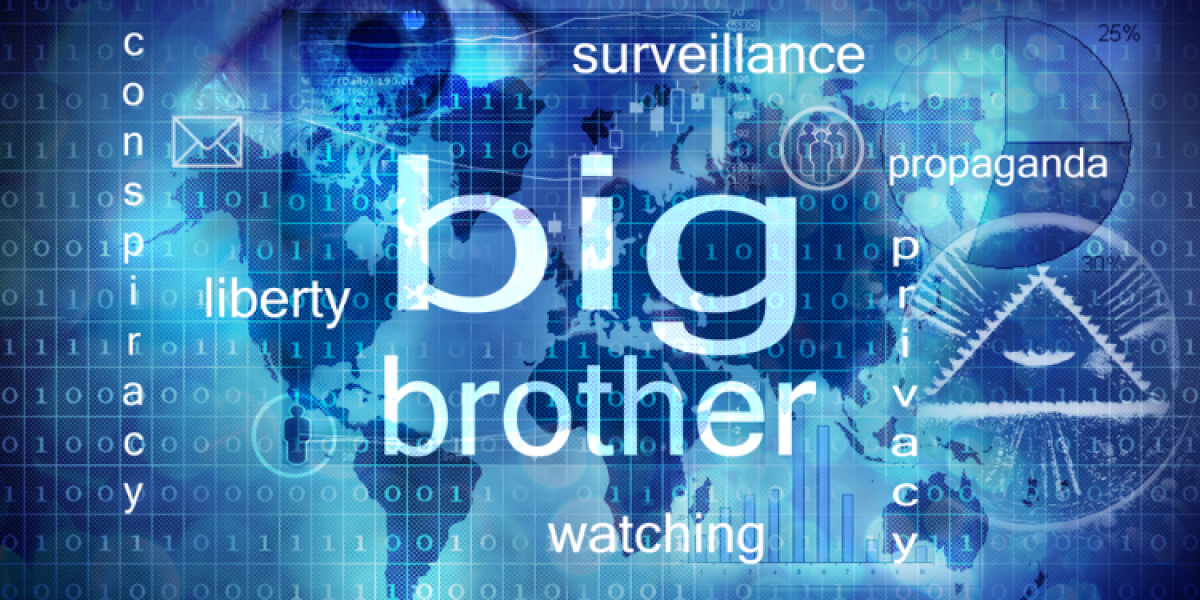
In the media and on social media, the news has been widely discussed over the past week. The Information and Communication Technologies Authority (ICTA) has released a circulation paper on a project of social media surveillance. What does this mean for the internet user in Mauritius?
On April 14, the regulator of the ICT sector in Mauritius, the Information and Communication Technologies Authority (ICTA), published a public consultation document on a social media monitoring project. The goal: to fight against the misuse of social networks, according to the regulator. It will therefore be a matter of monitoring and therefore being able to censor problematic publications, although these have not been defined yet.
How would that work?
According to the ICTA proposal, the content would no longer be encrypted. The system put in place could therefore decrypt the content and analyze it, censor it as well as store it indefinitely. The ICTA might, in this regard, even be able to erase accounts or pages as well as block them.
The regulatory body proposes in the consultation paper that a National Digital Ethics Committee (NDEC) be set up to analyze content and that a Technical Enfordement Unit tackle the removal or blocking of content in specific cases.
More importantly, computers, mobiles or tablets will have, if this project goes ahead, to obtain a digital certificate which will allow the identification of the IP address and therefore, of the user.
In a press release issued by the ICTA on April 19, 2021, the authority specifies that courier services would not be affected by this change. Messages exchanged by WhatsApp, Messenger or Telegram would therefore remain encrypted.
Why is this project causing controversy?
The announcement of this project saw a wave of uprising on social networks and in the media. In fact, a petition was even launched on the Change.Org platform entitled “Reject the Proposed Amendments to the ICA Act dated 04/14/2021”. It had collected more than 20,000 signatures as of April 23. The main concern: the control of freedom of expression.
Ariel Saramandi, the Mauritian author who launched this petition, is concerned about the repercussions of such a project on Mauritian democracy. “We believe that this proposal will restrict the freedom of expression of residents of Mauritius and will be a threat to the right to information of Mauritian citizens. And these rights are fundamental to a democracy. We believe that the proposed changes contain inherent biases in the functioning of the ICT system. Whether human (in the proposed National Digital Ethics Committee) or AI, the system that will monitor, report, and delete information shared by users will necessarily suffer from either conscious or unconscious bias. These biases will either be built into the algorithm itself or will afflict those who operate the system. While the ICT Department may have the best of intentions, the existence of this preventative regulatory system leaves the door open to abuse and programming by those who control the system. A tool of this magnitude could very well lead to the collapse of Mauritian freedom of expression and information. ”
Will this project become a reality?
At this time, it remains a proposal made by the ICTA. Furthermore, the regulatory body called for contributions and proposals from the public to decide on the implementation of the project. Correspondence should be sent to socialmediaconsultation@icta.mu. However, the final decision will rest with the Mauritian parliament.



















